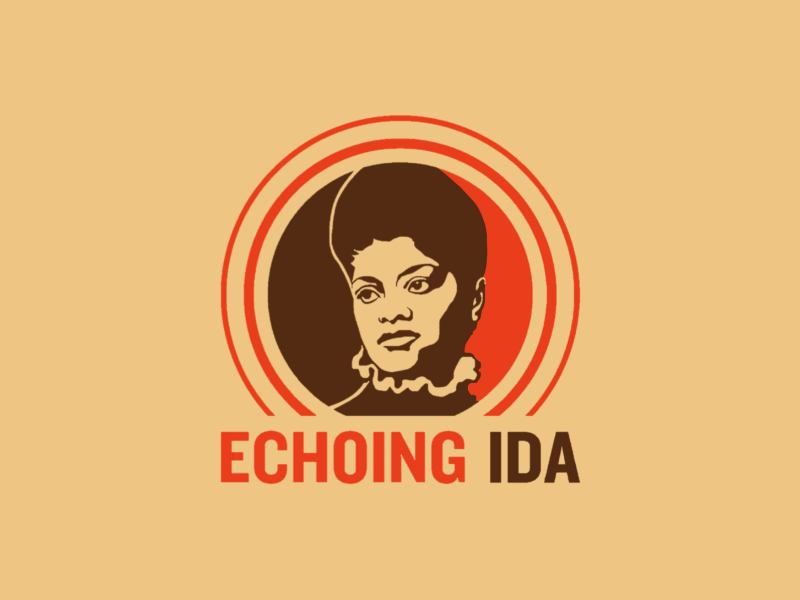
Banning ‘Bossy’ Won’t Help Black Women and Girls Seeking Justice
Recently, Lean In author Sheryl Sandberg, Girl Scouts CEO Anna Maria Chávez, and friends introduced a new campaign, called Ban Bossy, meant to encourage girls to lead by banning the use of the word when talking about girls. The campaign, announced in a Wall Street Journal article, is based on research conducted by social scientists on “how language affects society.” The research found “that even subtle messages can have a big impact on girls’ goals and aspirations. Calling a girl ‘bossy’ not only undermines her ability to see herself as a leader, but it also influences how others treat her,” explain Sandberg and Chávez.
Instead of just being swift in criticizing Ban Bossy, which I have been in personal conversations, I believe the introduction of this campaign presents us with the opportunity to find an intersectional approach to developing leadership skills in girls and women that could also address some of the most pressing problems facing Black women and girls, specifically issues of gender, as well as race, class, power, and privilege. Black women are often known for being or are called bossy. While it may be said in malice, we have to be bossy if it means taking charge of our lives, protecting our families, and holding down our communities.